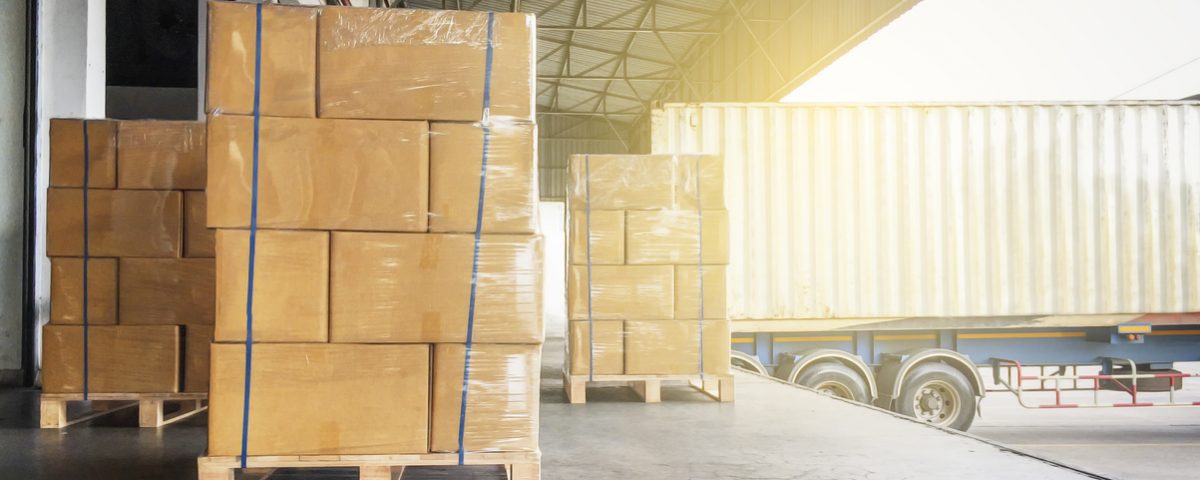
Understanding Transportation and Logistics Terminology Part 2
April 8, 2020
How the Logistics Industry is Continuing to Deliver Critical Supplies During the COVID-19 Pandemic?
April 21, 2020How to Avoid Accessorial Charges in LTL Freight Shipping

LTL freight shipping can be complicated when you are trying to manage it on your own. There are many details that go into the paperwork that mistakes happen. This is why your final freight bill may have extra charges that end up affecting your company’s bottom line. Here are some common accessorial charges and ways to reduce them.
What are the Accessorial Charges?
Accessorial charges are fees added to a freight bill for additional services that the carrier might provide. Common examples are liftgate, redelivery, reclassification, reweigh, and more. Accessorial charges are completed by carriers without notifying shipper or paying party. Here are details about ways to avoid extra charges.
What is Liftgate Service?
A liftgate is a hydraulic lift on the back of a truck that lowers freight from the truck. They design commercial trucks to load and unload conveniently onto loading docks. However, when there is no loading dock area, they require a liftgate.
How to Avoid an Added Liftgate Fee
- Before booking your shipment, know if the destination has a loading dock. So that if you need liftgate service, you can book it from the beginning.
- Not all trucks are equipped with liftgates, so the driver could arrive without what is needed to complete the delivery. This means your shipment will need to be redelivered (an extra fee) and could be late (another fee).
What Does Reclassification Mean?
LTL base rates are decided by shipment weight, dimension, and classification. Your freight class determines the carrier’s shipping charges. It identifies the size, value, and difficulty of transporting your LTL freight. There are a total of 18 freight classes ranging from class 50 up to class 500.
Reclassification is when the carrier inspects the shipment and has to reclassify it. Resulting in additional fees.
How to Avoid a Reclassification Fee
The classification is based on a few calculations. If you accurately have the numbers, then you can provide the accurate freight class, in turn avoiding the reclassification fee.
- Taking accurate measurements of the pallet. (Height, Length, and Width)
- Accurate weight of the shipment.
- Use the National Motor Freight Classifications book to find your shipments classification number.
What is Reweigh?
A reweigh occurs when the weight on the Bill of Lading (BOL) does not match the weight the carrier shows on their scale, resulting in an additional charge.
How to Avoid a Reweigh
When it comes to avoiding LTL freight reweighs, here are a few things that you can do.
- The weight on the BOL needs to be the gross weight of the shipment. This includes all packaging, including the weight of the pallet.
- The weight on the BOL needs to be exact. It is not to be an estimate, or rounded up, or down carrier scales are sensitive.
- Carriers do keep track of repeat offenders. They will hit you with the reweighs. If it happens enough, they may refuse to ship your freight.
Work With an Experienced Third Party Logistics Provider
If you need assistance with an LTL shipment or have any questions about how to avoid extra shipping costs, PPLUS can help. PPLUS is a third-party logistics provider that has been providing decades of experience in transportation and logistics.
